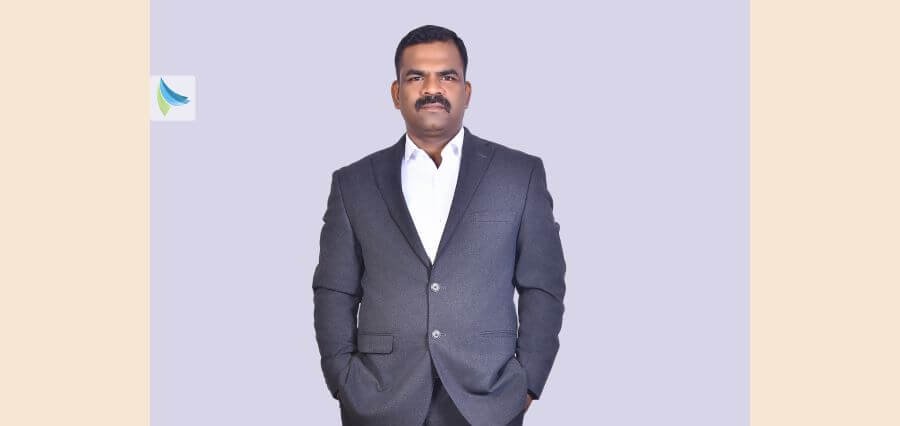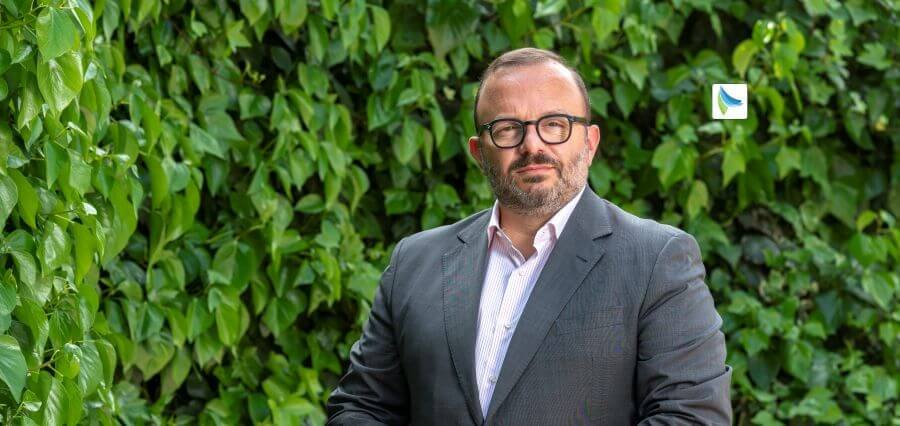Evolving industries, dynamic workforces, and transforming operations are very few of the many emerging facets in any industry that are conditioned by changing times and demands in the modern era of advancements.
These changing aspects of the industries have an effect; as the work dynamics change, the crucial needs and requirements of businesses narrow down to specific yet latest skills. Similarly, youth also need a space or a platform where they are recognized for their raw talents.
Understanding these notions and taking them into consideration to ensure that the varying factors are incorporated for the benefit of both delegations is Indiana Greg, Founder and CEO of Wedo.
Indiana has created a commission-free freelance marketplace that is aimed to democratize work for the independent economy. Wedo removes barriers and helps people run their work from home and take ownership of their lives.
Wedo is Indiana’s fifth startup. She has spent the past 10 years prior to starting Wedo consulting, building tech, and raising capital for other startups. She believes that technology can help level the playing field for all. She has also worked as a freelancer and gig worker herself and understands the pain points freelancers go through when either starting a side hustle, starting a business or growing and scaling a business or community.
Insights Success had an interview with Indiana to know more about her journey as a successful business leader.
Below are the highlights of the interview:
Briefly describe your professional journey up until now.
I started in digital design, building websites and creating assets for companies. I was living in the south of France in my 20s and had three young kids. When my husband left me, I did the obvious, and with a 2, 4 and 6-year-old, I decided to become a rockstar. So, I got a record deal and was able to take my kids on tour with me.
Shortly thereafter, I got in a fight with pirates and as a result, built a music industry platform and grew it to around 14.5M users, exited that company, and then moved on to building other startups. For the past decade, I have worked as a consultant and freelancer helping startups in various c-suite and fractional roles, which lead to the idea of Wedo.
What challenges did you face along the way?
There are always challenges. Technical challenges, logistic challenges, human capital or resources challenge, and venture capital challenges whenever you are navigating the land of startups. I know there has been a lot of emphasis regarding the challenges for women in tech and certainly for women fundraising as founders.
With only 2% of VC money going to women-led companies, the challenge is always continuing to be tenacious, keeping your head up against the river and pulling yourself up by the bootstraps to keep on keeping on!
What significant impact have you brought to the IT industry?
Probably thinking differently and innovating on ideas that hadn’t been done before. There are always multiple ways to solve problems, and with every tech team I work with, we brainstorm a lot and try to solve problems in unique and different ways.
Tell us about Wedo and its foundation pillar.
Wedo is the world’s first commission-free social freelance network. Wedo was built in order to help more people be able to help more people. We have built a social network around a worksite SaaS which is fully supported with payments, neobanking and financial services.
There are many roadblocks for entrepreneurs and solopreneurs to start their businesses online. They often find themselves in a pay-to-play scenario. A lot of freelance platforms can take 20% commissions on a freelancer’s earnings. With over half the global workforce going freelance by 2027, either as full-time or fractional, this is simply not sustainable. So, we built Wedo as a commission- free model. Our platform provides communications and banking, a worksite of premium apps, payments, invoicing, and contracting all in one simple-to-use space.
How does Wedo promote workforce flexibility, and what is your role in it?
At Wedo, our team works flexibly and hybrid; we have weekly OKR meetings and daily quick standup meetings to ensure everyone is on track with their goals. However, we don’t put our team in a box, and they can work flexible hours as long as they hold to our accountability standards. My role is to ensure that leadership is reinforcing the OKR methods and that we build on our goals quarterly and keep a healthy, happy, and passionate team.
What will be the next significant change in the IT industry, and how are you preparing for it?
I think blockchain and cryptocurrency will have a bigger impact on tech than a lot of people think. I believe that more companies will have embedded finance in their models, similar to Wedo. W3 is very slowly but surely on its way. I think one of the most significant ways in the foreseeable decade will be the way advertising models will change and how returning data to the governance of the individual will flip the way platforms have monetized in the past. I believe models like Google and Facebook will change.
What are your goals for the upcoming future?
Our goals are to continue serving our member base and building out more and more ways for them to monetize through the Wedo experience. We will be launching our banking services in the US and India in 2023, so that’s exciting too.
What advice would you like to give the next generation of aspiring business leaders?
Be empathetic. Be gritty. Show gratitude to your team and those who support you both at work and in life. Don’t let anyone bring you down. There will be jerks along the way, ignore them. They are not worth your energy. And be true to yourself and others.



















